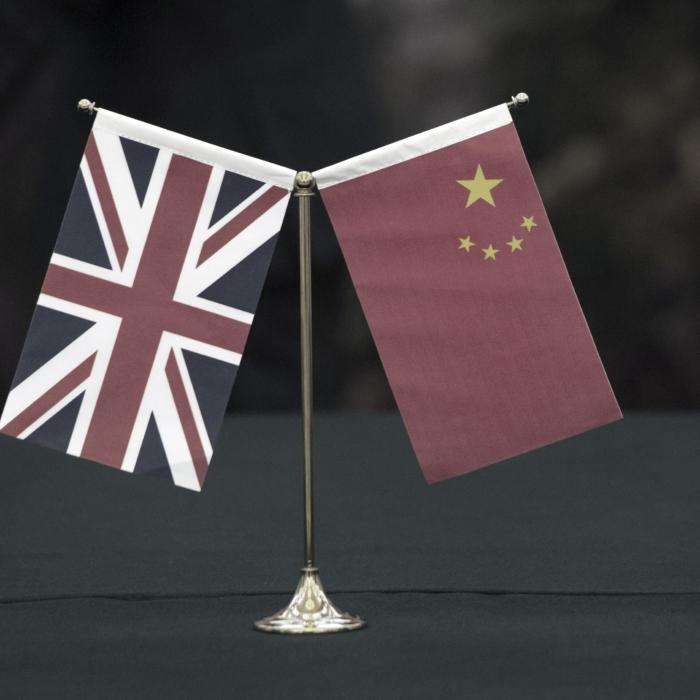The Chinese regime claimed on Monday to have caught a spy who provided information to MI6.
The allegation came as the UK’s crown prosecutors are considering charges against two men, including a well-connected parliament researcher, who allegedly spied for the Chinese regime. The researcher has said he’s “completely innocent.”
According to claims published by the MSS, Huang, who is in charge of an “overseas consulting agency, was approached by MI6 in 2015 to establish an ”intelligence cooperative relationship.”
The MSS alleged that MI6 has since instructed Huang to enter China a number of times and coached Huang to use his or her job as a cover to collect China-related intelligence and identify potential human assets for the British agency.
The department also alleged that MI6 trained Huang on intelligence gathering in the UK and other locations, and equipped Huang with professional spying tools.
The MSS said the state’s security apparatus “took criminal coercive measures against the individual” and arranged consular visits.
Meanwhile, the UK said Chinese spies are targeting its officials in sensitive positions in politics, defence and business as part of an increasingly sophisticated operation to gain access to secrets.
In a report published in July, the Intelligence and Security Committee of Parliament warned that the UK is “just below China’s top priority targets” of espionage and interference.
According to MI5 Director General Ken McCallum, Chinese agents have targeted at least 20,000 Britons on websites such as LinkedIn in a bid to extract information.
The Crown Prosecution Service is currently considering charges against the men. The researcher has denied allegations against him.
Beijing repeatedly condemned the allegations with a foreign ministry spokesperson saying they were “entirely groundless.”
“We urge the UK to stop spreading disinformation and stop political manipulation and malicious slander against China,” said foreign ministry spokesperson Mao Ning when queried at a press briefing.
Last year, MI5 told Parliament that an individual named Christine Ching Kui Lee had been “knowingly engaged in political interference activities” on behalf of the CCP’s United Front Work Department, before issuing a series of public warnings about Chinese espionage.The CCP has been cracking down on perceived threats to its national security, revealing several cases of spying that it uncovered in recent years.
The regime has been warning its citizens in the country and abroad of the dangers of getting caught up in espionage activities. It has been encouraging people to join counter-espionage work that includes creating channels to report suspicious activity.
Beijing has also unleashed a sweeping crackdown on foreign consultancy and due diligence firms over threats of revealing state secrets that has unnerved foreign companies operating in the country.
The Foreign, Commonwealth, and Development Office did not respond to The Epoch Times request for comments.







